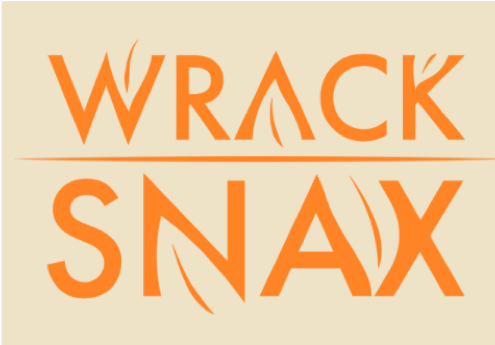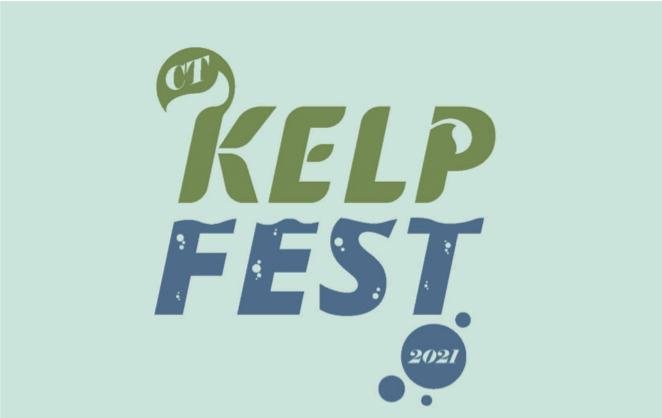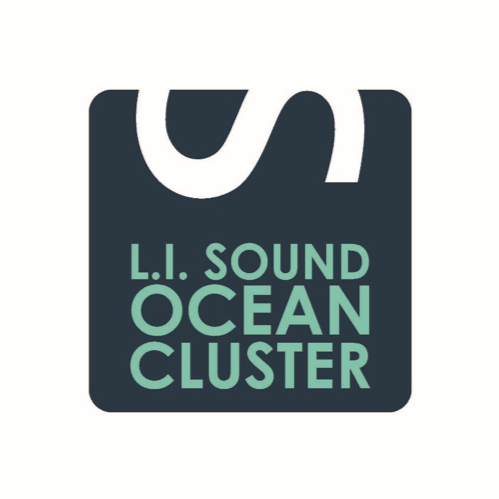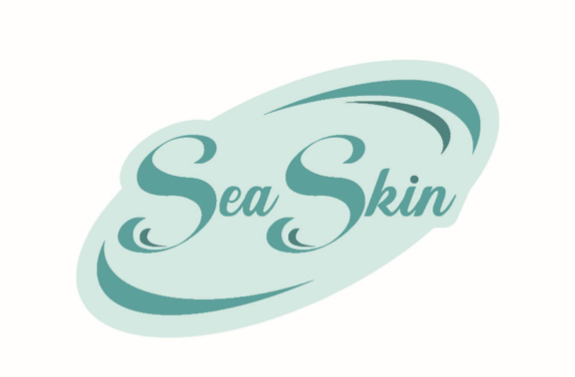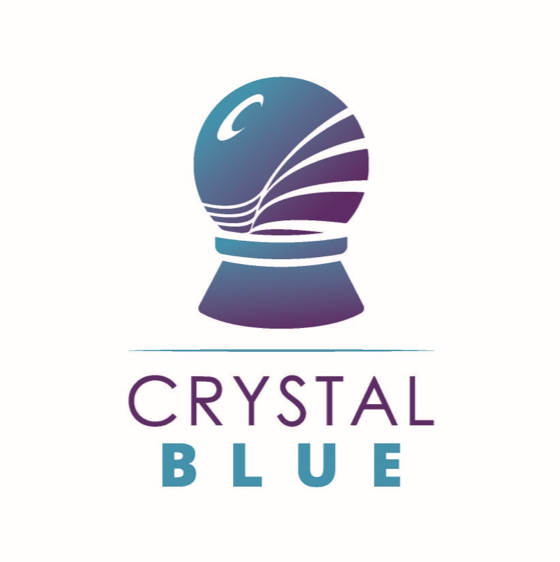
Crystal Blue
In the spring semester of 2020, the Crystal Blue team was just a group of strangers thrust together to create an innovation that could protect their local waterways. Initially, they set out to create a single data app meant to equip ocean farmers with the tools necessary to thrive in a nascent industry. And then, Covid-19 hit. As the country began its shutdown, the beleaguered team transitioned to awkward virtual meetings, and progress was slow.
While muddling through quarantine, the Crystal Blue team noticed a surge of people enjoying the outdoors. With more people interacting with nature, they decided to take this opportunity to introduce citizen science to their local communities. Citizen science is the practice of public participation and collaboration in scientific research with scientists, to increase scientific knowledge and public awareness of local issues. Creating the Ocean Farming app is still a goal for the company; however, the team decided that creating an app where citizens can engage with their local environment was more urgent. The team also noticed that due to the pandemic, local businesses were struggling to stay open while also keeping their clientele safe. Coastal based businesses were no exception.
This sparked the development of the Sound Scavenger app – a platform that encourages cleaning up local beaches and waterways while promoting community engagement through eco-tourism. This preliminary app will include a map with all local recreation surrounding Long Island Sound and local businesses. There will be another map layer where the user can mark their location, post pictures of themselves cleaning up trash they see within their community, or post pictures of native species. This way, the Crystal Blue team can track where waste is accumulating throughout Long Island Sound and amass crucial data on native species populations.
This product aims to reach a range of demographics, such as recreational users, ocean farmers, and NGOs, allowing Crystal Blue to grow product recognition, customer interest, and a central database in an efficient, cost-effective manner. Crystal Blue’s primary mission is to act as a centralized data hub “for all things Long Island Sound (LIS).” Through a “swiss army knife” approach, Crystal Blue aims to collect mass amounts of data, and, ultimately, make it available through a medley of services such as site suitability for ocean farmers, customizable data history for researchers, and more. Finally, the Crystal Blue team hopes that through their data collection, they can help support Long Island Sound’s environment, economy, and community.
The Crystal Blue team consists of four student innovators: Maeve Rourke, majoring in Environmental Systems and Sustainability; Gia Mentillo, majoring in Geographic Information Science with a minor in Business Administration; Joe Fonseca, a general studies major with a concentration in STEM; and Project Blue research member Louie Krak, currently receiving a masters in Environmental Studies.
